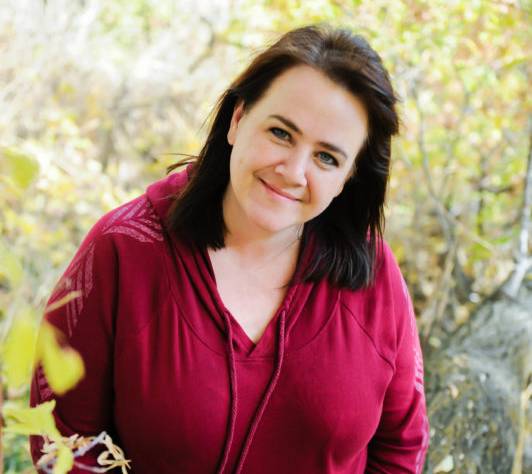The feeling of emptiness is one most people avoid. When we have an empty stomach we fill it full of food. In an empty room we immediately think of ways to arrange it with furniture. When there is a long stretch of silence between two people we feel an intense need to speak. When we have time on our hands we hurry to fill it up with activities. The emptiness can feel terrifying. Empty bank accounts, empty nests, empty arms. Honoring our emptiness can feel like fighting against nature. Even nature abhors a vacuum.
But emptiness can be a positive experience too. The boredom that sparks a creative endeavor, the silence that makes a meaningful connection possible, and an opening for a new opportunity are all made possible by emptiness. I well remember the painful fullness of reaching 40 weeks of pregnancy and the wonderful emptiness and relief of having the baby born. Or the thrill of finding the dishwasher has been emptied or the trash. Houseplants need empty space in order to grow, our minds need to be emptied when solving problems.
Emptiness can relieve pain, create space, free up time, and allow for new experiences. But in order to appreciate emptiness we must learn to bear its lessons.
To stand in your personal emptiness means looking at yourself from the inside out. Feelings immediately arise, worries appear out of nowhere, fear and anxiety can present themselves, sadness, unresolved grief, and memories. Notice how much you want to fill up your mind, to push away discomfort with something more distracting.
Emptiness is a source of creative power. By keeping our lives full i.e. a full schedule, being hurried, feeling over-emotional, by overeating, having a cluttered or chaotic house, we prevent ourselves from seeing the creative power we have to form our life and experiences into whatever we choose. It is in the emptiness that answers are found, hope is discovered and strength and resolve are forged. Inspiration flows in and out of emptiness the way music is heard in the silence. Emptiness can also be a place where suffering thrives, depression lurks and where loneliness finds self-pity and victimization.
Standing in your emptiness is similar to meditation. To make this process a bit easier imagine a specific sort of emptiness, a large room, a patch of darkness, outer space, deafness, etc. Place your imagined self into this imagined space of emptiness. Detaching from your stories can help you uncover new truths about your fears, your longings, your hopes and your relationships. Learning to stand in your particular emptiness is empowering. It can help you manage any addictions you may be struggling with, a difficult problem you haven’t been able to resolve or discovering a sense of well being that has eluded you. Take notice of the glimpses of emptiness around you and stand in the space that makes all of creation possible.
Some questions to ask yourself when standing in your emptiness:
- What is my emptiness specifically?
- Why have I avoided it?
- What does it feel like?
- Who am I in this space of emptiness?
- What have I lost?
- What have I gained?

